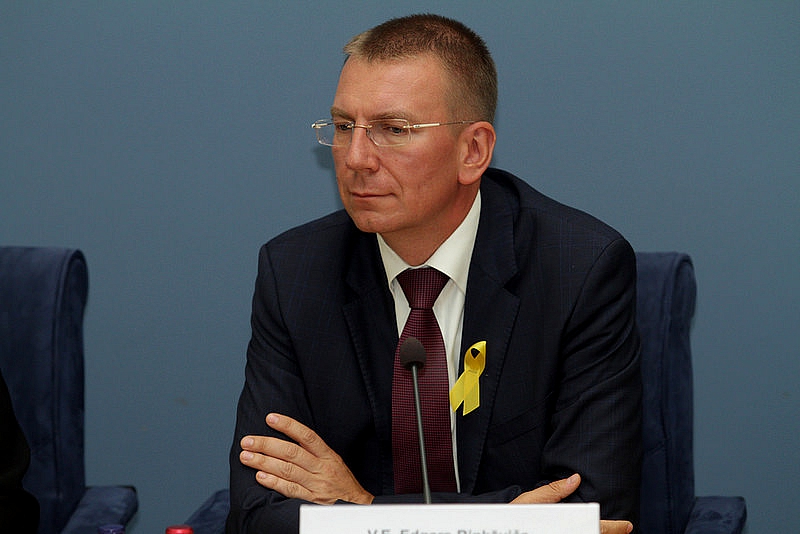According to Rinkēvičs, the conflict could be solved by the participation of regional representatives, UN Security Council members and the EU.
Russia's policymakers should be aware they're running the risk of being bogged down in the region's problems, he said.
"We remember how the war in Afghanistan was cheered on during the first years and how that turned out. Of course the two are not comparable but there's still a risk," said Latvia's Foreign Minister.
The Minister said that even if a deal is struck and peace is reached, there's still the matter of how to ensure it doesn't fall apart in the long term. One of the possible solutions would be keeping military forces of international organizations present.
"There are still many aspects that should be addressed, including over [establishing] the responsible parties and investigating of the crimes committed there," he said.
"And the second matter that follows is how Aleppo and Syria will be built after the war. It will require very large financial resources. We know that Russia does not have such financial resources and that Syria won't be able to make it on its own," said Rinkēvičs.
The Syrian conflict erupted in 2011 following protests that turned into civil war. UN estimates that about 400,000 people have died and 11 million have become refugees as war rages on in the country.
Recently the historic city of Aleppo became the focal point of media attention as Russia-backed Bashar al-Assad's forces fought for control over the city, which has become the site of a terrible humanitarian catastrophe.





























